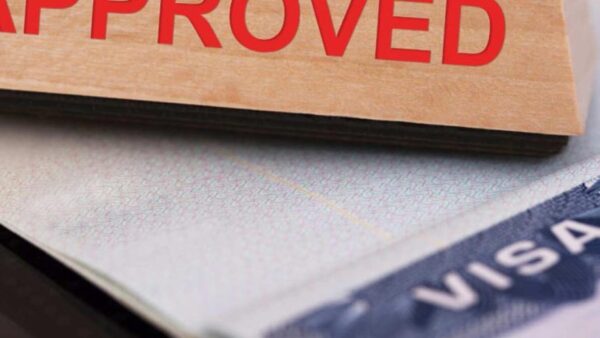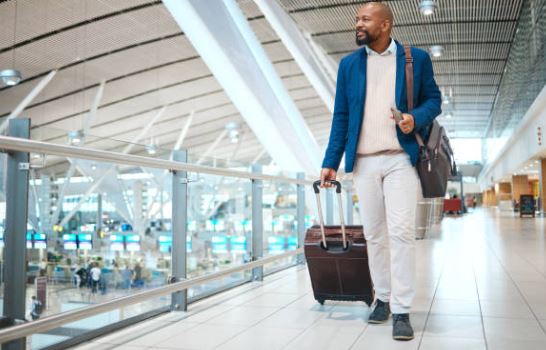Lifestyle
How to prevent common currency exchange foreign scams

Before you head for your trip, make sure to research exchange rates. It is also a good idea to compare rates between providers on Google, XE, or Bloomberg to gauge how much you are being charged. You should also be wary of transaction fees or markups that would impact the amount you will have to pay.
When paying online, use only secure websites to make transactions. You should never use public Wi-Fi networks as they are vulnerable to tapping by cybercriminals. Use unique, strong passwords for every payment and online banking account, and turn on two-factor authentication for added security. Verify the recipient’s details before making international transfers to avoid delays or misdirected funds.
Always protect your sensitive personal information, including bank account numbers, credit card details, and identification documents. When possible, limit the amount of personal information you make available on social networking sites, particularly holiday details, as this can expose you to identity theft or other scams. You should also regularly review your bank statements and payment history for unusual activity. By following these safety tips, you can minimise the risk of falling victim to currency scams when travelling overseas and enjoy a safer and hassle-free trip.










